There’s no ambiguity in the description of Channel 4’s new four-part documentary series about the NC500 which starts this weekend.
It’s Britain’s Most Beautiful Road – the producers’ title, not mine – and a Highland project which has attracted a huge international market since its launch in 2015.
Local businesses from Inverness to Wick and the Black Isle to Thurso, including artisan producers, farm shops, bakers and butchers, have capitalised on the popularity of the NC500 to bring significant money into the myriad small towns dotted along the route…
But has the NC500 tourist route happened all too quickly?
Yet, despite its reputation as being the ultimate road trip, many in the region have expressed fears that it has expanded too quickly and sparked a situation where a lot of previously quiet local communities have had their privacy destroyed.
So, what’s the verdict?
Does the NC500 illustrate what can be achieved with a bold vision to increase tourism numbers?
Or has it become a victim of its own success?
We’ve asked a local campaigner and a tourism chief for their thoughts…
Local campaigner says NC500 has harmed long-stay tourism
Margaret Meek is co-founder of NC500 The Land Weeps, a campaign group established to protect Highland communities from overtourism.
She told me: “Tourism has always been important to the area and people have always welcomed tourists.
“Until the NC500 took off, many people said tourists came for several days at a time.
“They stayed in one spot, often made repeat visits, engaged with the community and got to really know the area.
“That all changed with the launch of the NC500 which has resulted in a huge increase in the number of tourists. This new type of tourist is quite different.
“And they are doing a road trip – it is tick-box tourism. They tend to stay one night and don’t really get to know the area or the communities.
“While most people are responsible, a very significant minority are not and this has led to huge problems that have negatively impacted on communities and local residents.
“The [Channel 4] film crew followed the Rangers, [an initiative which] began in 2021 as a response to Covid, although the problems really started a couple of years before that with the rising popularity of the NC500.
“Funding for the Rangers was withdrawn this year by the Scottish Government, who claimed that it was a Covid measure and no longer needed. [Although four posts have been retained in Sutherland after Highland Council intervened].
“But the Rangers were amazing. They educated visitors, cleaned up mess and repaired infrastructure. In 2023, they engaged with 30,000 visitors.
“They counted more dumping of toilet waste, cleaned up the remains of 3,700 campfires, put out 233 burning fires and collected 2,200 bags of litter.
“In my opinion, they made a huge positive difference in the three years that they operated and I think that their cancellation is a huge backward step.
“And now we are seeing a return to the old ways of fires, litter, people parking overnight wherever they please and dumping toilet waste. It is all on the increase.
‘No benefit to the communities’
“With the rise in the informal overnight parking of campervans, motorhomes, converted vans and even people who sleep in their cars, many people see it as an invasion of their communities without any benefit.
“People are disillusioned.”
What do tourism chiefs say about NC500 concerns?
Tourism agency VisitScotland doesn’t ignore these concerns. But equally, it feels credit is due for the speed with which the NC500 has become a global phenomenon.
And Chris Taylor, the organisation’s destination development director for the Highlands and Islands, has urged a commonsense approach to tackling any issues.
He said: “The NC500 is considered one of the greatest road trips in the world alongside USA Route 66 and Great Ocean Road in Australia.
“Tourism is one of the area’s most important industries, with the route helping to extend the season and create jobs and businesses.
“It also supports wider businesses and jobs in sectors such as transport, food and drink and retail, helping to sustain local communities.
“However, this worldwide attention and success over a relatively short period of time has created some challenges.
“And there is a careful balance to strike between the benefits that tourism brings to the area and ensuring communities feel welcome and capable of welcoming visitors.
We urge visitors to respect code
“At VisitScotland, we encourage all visitors to be responsible and respect the places and communities they visit.
“We advocate resources such as the Scottish Outdoor Code on our [social media] channels and in our marketing activity.
“We do know there are pressure points, particularly at certain times of the year.
“So we work with local partners, including Highland Council, to encourage visitors to plan ahead, visit areas with capacity and consider travelling at different times of year.
“Our focus is on growing the value rather than volume of our visitors.”
That’s a noble ambition. But one wonders how many TV viewers will be booking their trip to the Highlands following this latest month-long doze of publicity.
Britain’s Most Beautiful Road starts on Saturday on Channel 4 at 8pm.
More articles on the NC500:
- Safety warning issued to tourists after motorhome is ‘blown down hill’ on NC500 route
- North Coast 500: Organisers on 2024 preparations, ‘staycations’ and expectations
- Road crimes soar on popular NC500 route as 168 speeding offences recorded in year
- Litter ‘tsunami’ is destroying NC500, says fed-up biker
- ‘Don’t kill the golden goose’: Inverness councillor warns against NC500 apathy
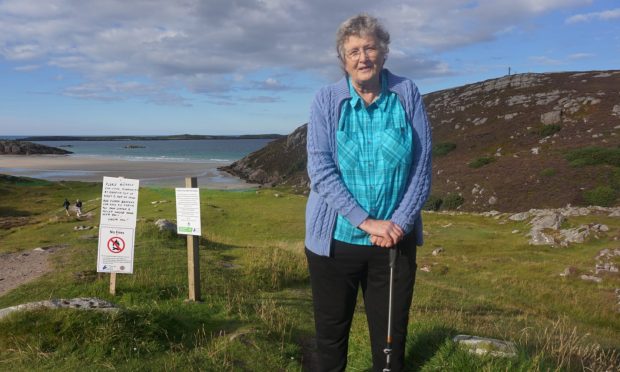
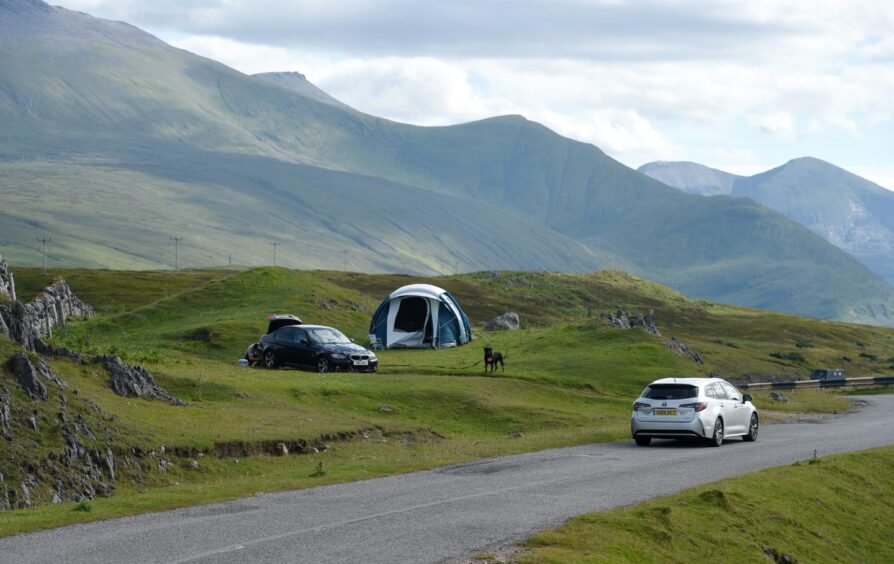
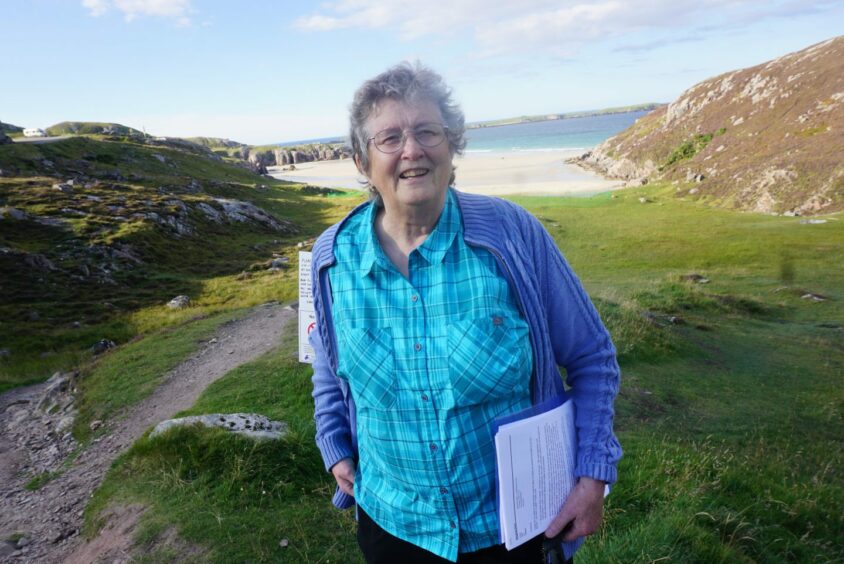
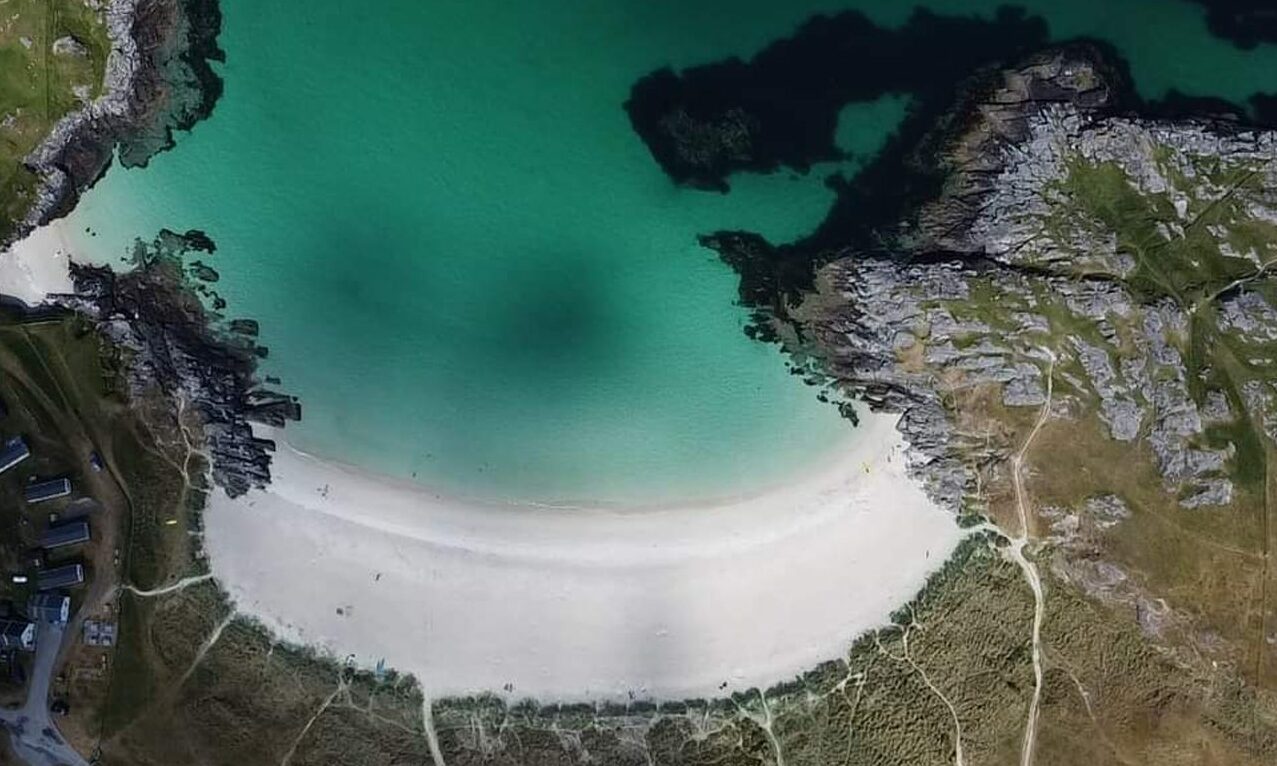
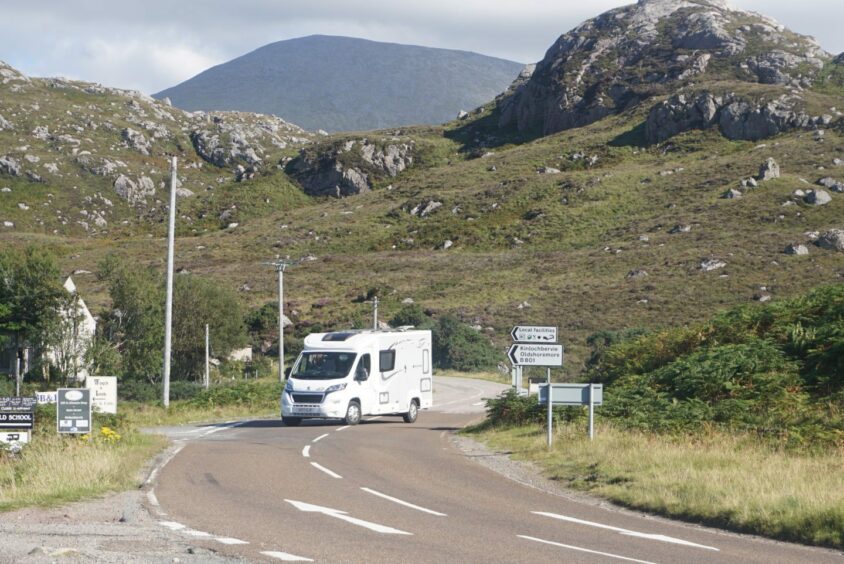
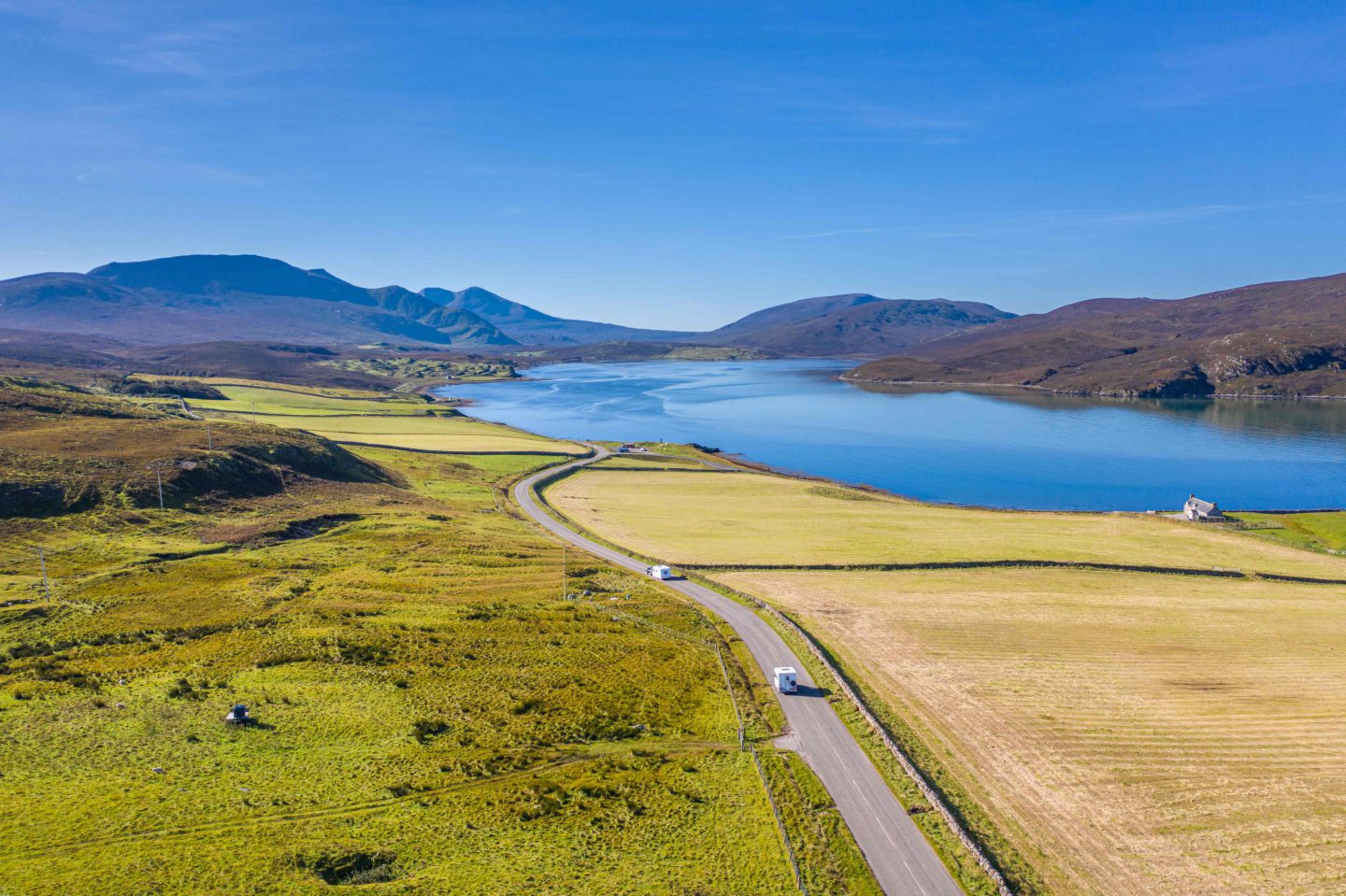
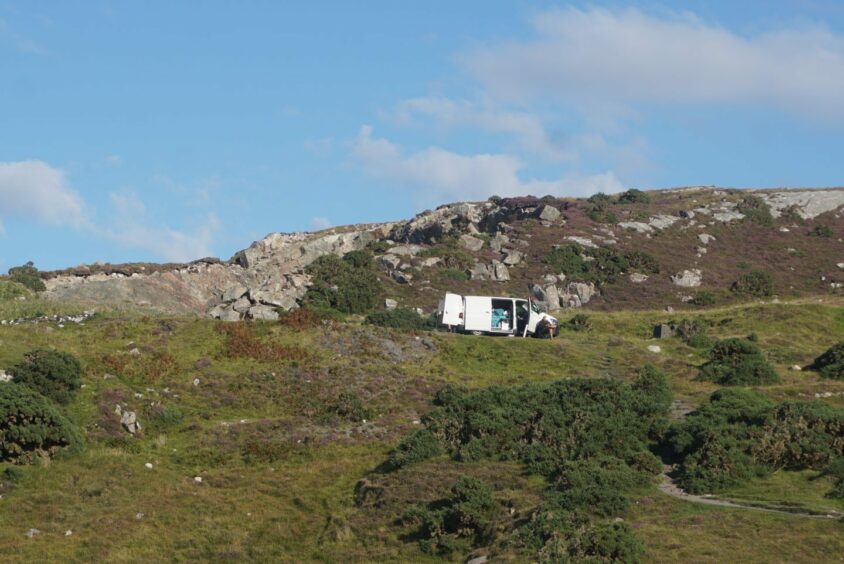
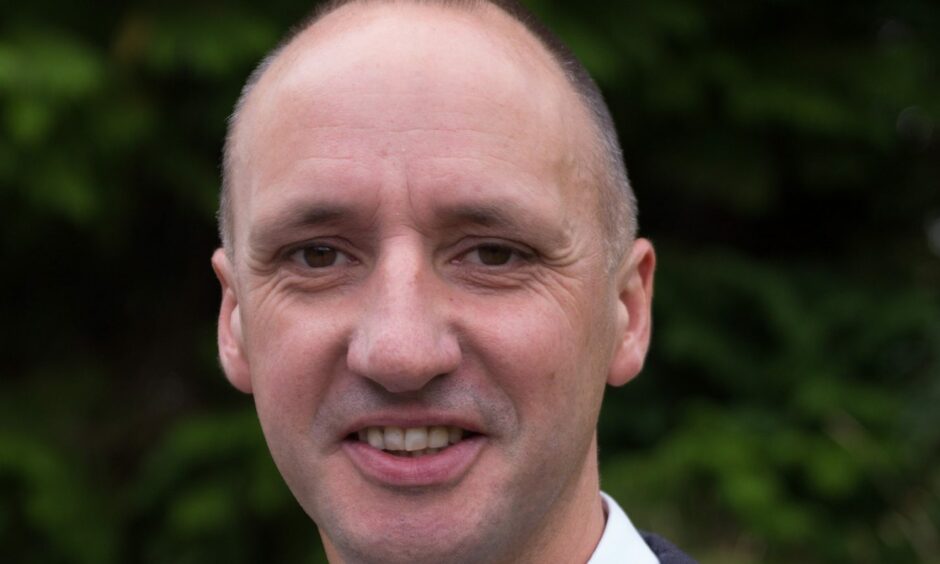
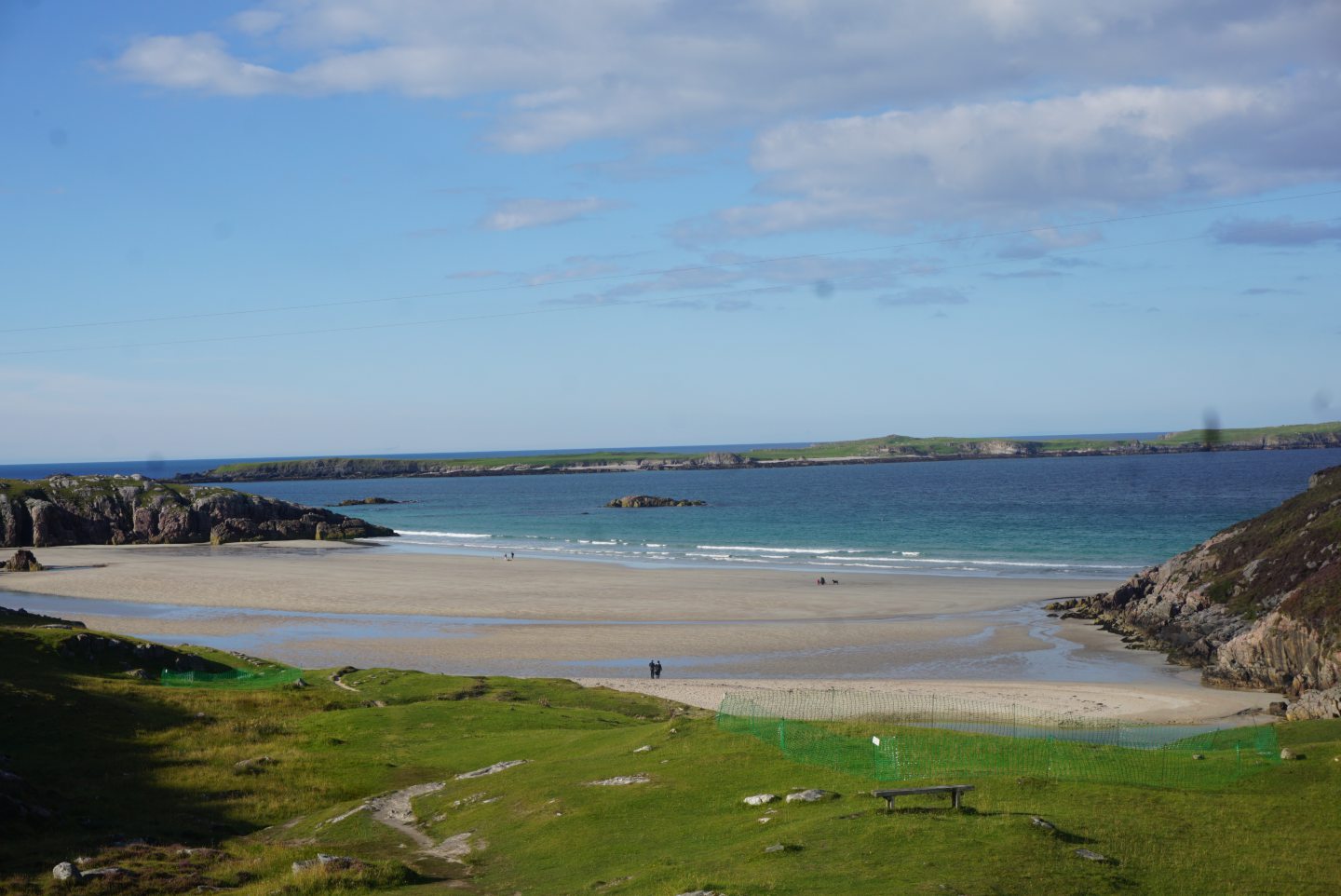
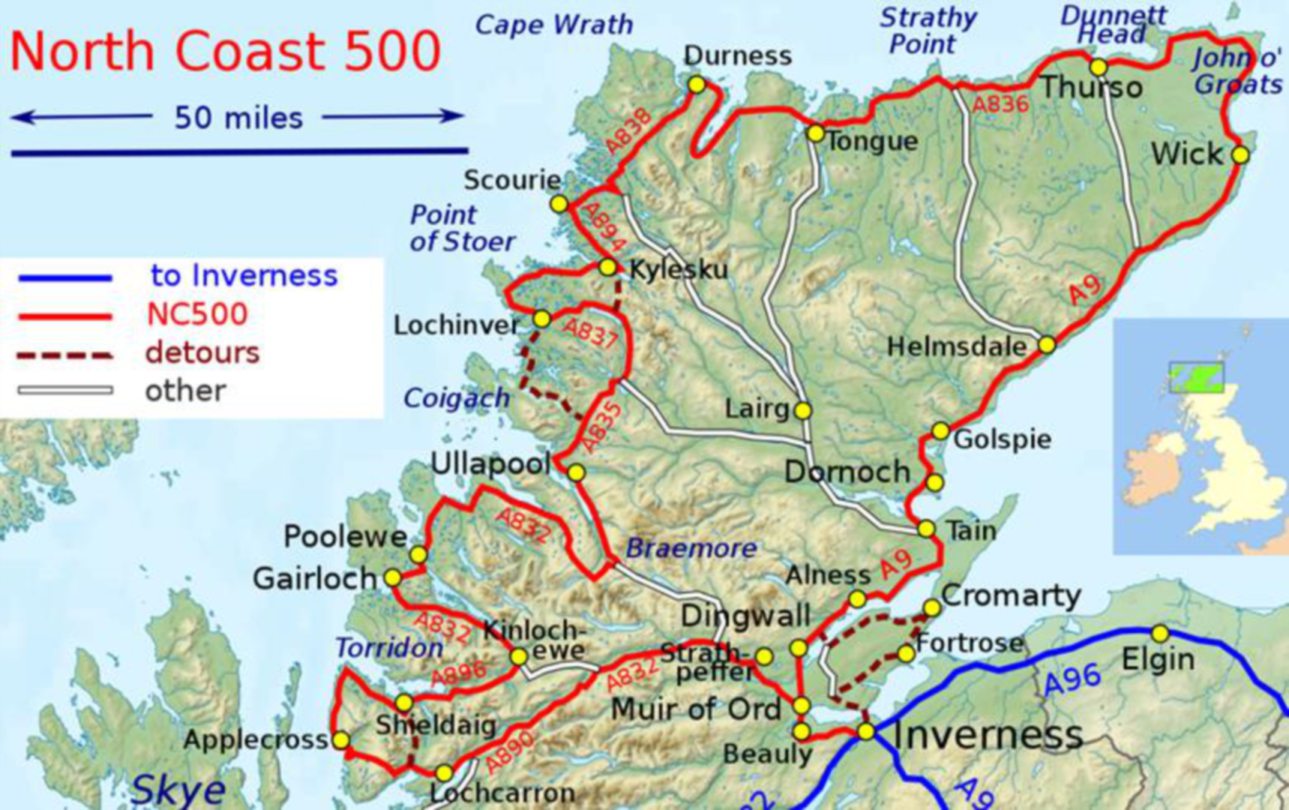
Conversation